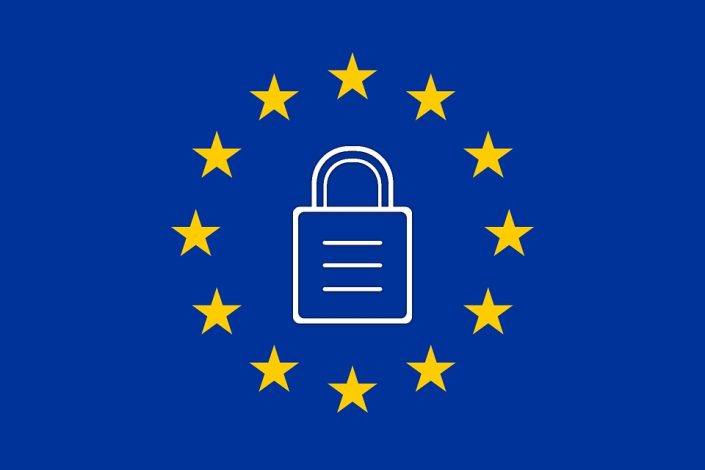In the past few days, did you receive an email from a certain company saying that they have updated their privacy policy? If yes, then you are experiencing the upshot of a new privacy regulation that has come into effect in the European Union law: GDPR or the General Data Protection Regulation. Receiving such an email is a good thing, which shows that companies are acting on it and care about your personal data. But, if you yourself are a company which sent out such an email to all your customers, then you must look further. Here’s a quick look at how GDPR and VPN can come together to help you not lose the boat and reinforce the trust of your clients and customers.
Your Stand on GDPR
The General Data Protection Regulation came into effect on 25 May 2018. So began the streak of privacy policy update emails, as observed by Internet users around the world. Even as businesses are scrambling, mostly unprepared, to ensure GDPR compliance, there are a few things that are absolutely essential to understand for a business.

The meme world has a joke for everything, even the complex GDPR / © Know Your Meme
Understanding Why GDPR Compliance is Crucial
GDPR, also known as EUGDPR, aspires to act as a protector of data and privacy (and its export and utilization outside of the EU) of all EU citizens through stringent guidelines and provisions that all businesses are obligated to follow and accept. It is applicable to any business that collects any data from a citizen of any EU member country. Non-compliance can lead to heavy penalties (fines of up to 4% of global revenue) which can be potentially catastrophic for a business of any size.
Therefore, it is important to have a framework in place that accepts all the provisions laid out by the EUGDPR. But, only looking at the shallow spots of this new regulation is not the right way to go. As a privacy company, we like to look at GDPR as a way that helps organizations raise the bar about privacy and seriously respect their users’ data and protect them. In the wake of the Cambridge Analytica-Facebook scandal and the ever-growing threat to personal data, it is even more opportunistic for organizations to utilize the underlying robustness of GDPR and come out as victorious.
The Essentials
Create a framework and send out that email if you not already have. Talk to your cloud services provider (AWS, for example) and check how they can help you build this framework. Highlight your organization’s stand on GDPR and look at the bright spots. Create content that raises awareness about your particular stand and involve your users. Sending out an announcement about GDPR compliance is critical at this point.
Not even a week has passed since the regulation came into effect and we already have our first GDPR lawsuit (the highlight is “forced consent”). It’s a direct indication that Internet companies are more prone to getting lost in the whirlwind. All of which makes us look for auxiliary support. And one such way to ensure you really come out victorious is to take the logical step: a virtual private network.
How Do GDPR And VPN Come Together?
If building a foolproof framework around GDPR to respect your users’ data is the obvious then having a VPN is another way of showing how you do it. You will essentially need a “virtual switch” that can pause and resume the collection of data. Of course, you will be required to take your users’ explicit consent for their data. Having a VPN in place can definitely be effective in this regard.
One more requirement for such a VPN would be the availability in all devices. Astrill, for example, is available on all major operating systems and devices, which makes it even more appealing to businesses and the right choice. The ability to send and receive data securely can improve your stance as per the EU data privacy laws.
There are a lot of bells and whistles when it comes to the marriage of GDPR and VPN. For example, the VPN that you use should not store any logs and must provide 100% data protection. If it is not obvious already, your organization using the VPN will also come under the purview of these GDPR provisions. So, if you are a representative of a company that collects and uses data of EU citizens, then you should look at how you can harness the power of a virtual private network. Because GDPR is not only about compliance, but also goodwill.
Learn more about Astrill VPN here or browse through our blog for more ways to ensure privacy.


No comments were posted yet